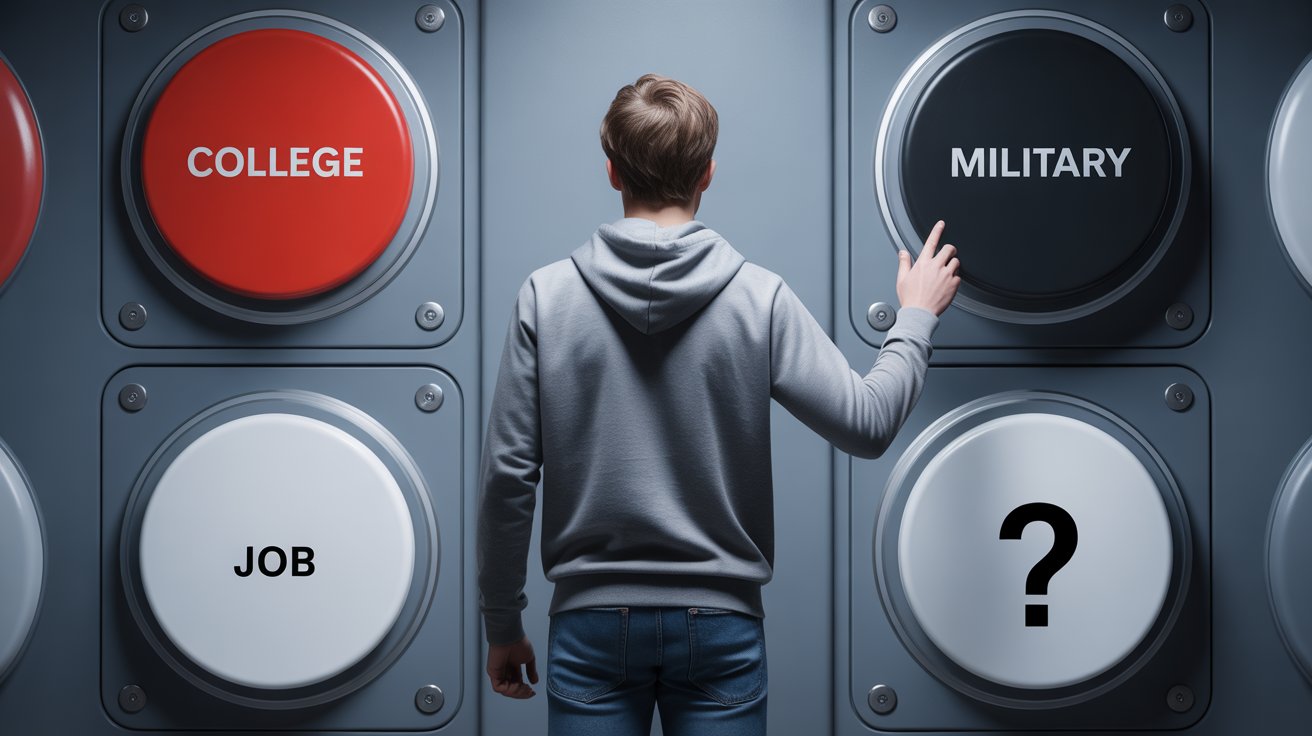I joined the Marine Corps in 2002.
Not by accident, and not for lack of conviction. I joined because I believed in it — because the idea of standing for something larger than myself, of courage, of doing my part, felt obvious.
I was eighteen, and the world was simple. The war cycle happened to be swinging upward just as I came of age, and by the time 9/11 happened, I was already enlisted. (Veterans will understand the delayed entry program — the rest can take my word that the timeline makes sense.) I didn’t hesitate. I wanted to go.
My unit deployed twice. We were lucky; none of us were seriously hurt. The circumstances I’d put myself in — being in a reserve artillery unit — meant I wasn’t going to see the heaviest fighting. That was partly luck, partly a source of frustration at nineteen. But the discipline, the brotherhood, the mission — all of it shaped me. I wouldn’t call those the best years of my life, but up to that point, they were.
I loved the Marines I served with. I loved the job. I stayed two and a half years longer than required because I wanted to make sure it was fully out of my system before I moved on.
At the time, I didn’t think much about the broader implications of loyalty or identity. I was doing what I believed in — the old American story we’re all taught to believe in.
Years later, after I became a father, I started to look back differently.
Having children changes the entire frame. You start thinking about their lives — not just their childhoods, but their whole arc. My kids could still be alive in 2100. What world will they inherit? What constraints will they face? What choices will they have?
Back then, loyalty meant service. Now, it means responsibility.
Back then, I thought duty meant standing where I was told to stand. Now, I think it means ensuring my children can choose where they stand.
When I was eighteen, joining the military looked like the best choice available to me. And I still think it was. If my kids faced the same set of choices I faced, they’d be smart to make the same decision I did.
But that’s exactly the point — I don’t want them to face the same set of choices.
Instead of trying to convince them to make a different choice, I wanted to change their circumstances so that my choice would seem strange to them. So that the calculus I made at eighteen wouldn’t even apply.
That’s what a second citizenship and multiple languages mean to me — not rebellion or ideology, but expanded options. The ability to move, to adapt, to belong where they feel called — not where circumstance or policy dictates.
Their lives won’t be defined by whatever happens in the political or military cycles of the country they were born into. They’ll have agency. They’ll have alternatives. They’ll have the ability to say no — or yes — from a position of genuine choice.
If anyone thinks multiple citizenships represent hedging rather than commitment, they’re welcome to compare their track record with mine. Did they ever get rocketed, or find an IED, or bury a friend? I did. Now I’m doing a different kind of service.
When I was young, I thought courage meant charging forward. Now I know it also means stepping back — creating room for others to choose their own way.
Maybe that’s what real service looks like in the end: doing what it takes so the people who come after me have options I didn’t have — so it makes sense for them to choose any direction, not just the one that made sense for me.

